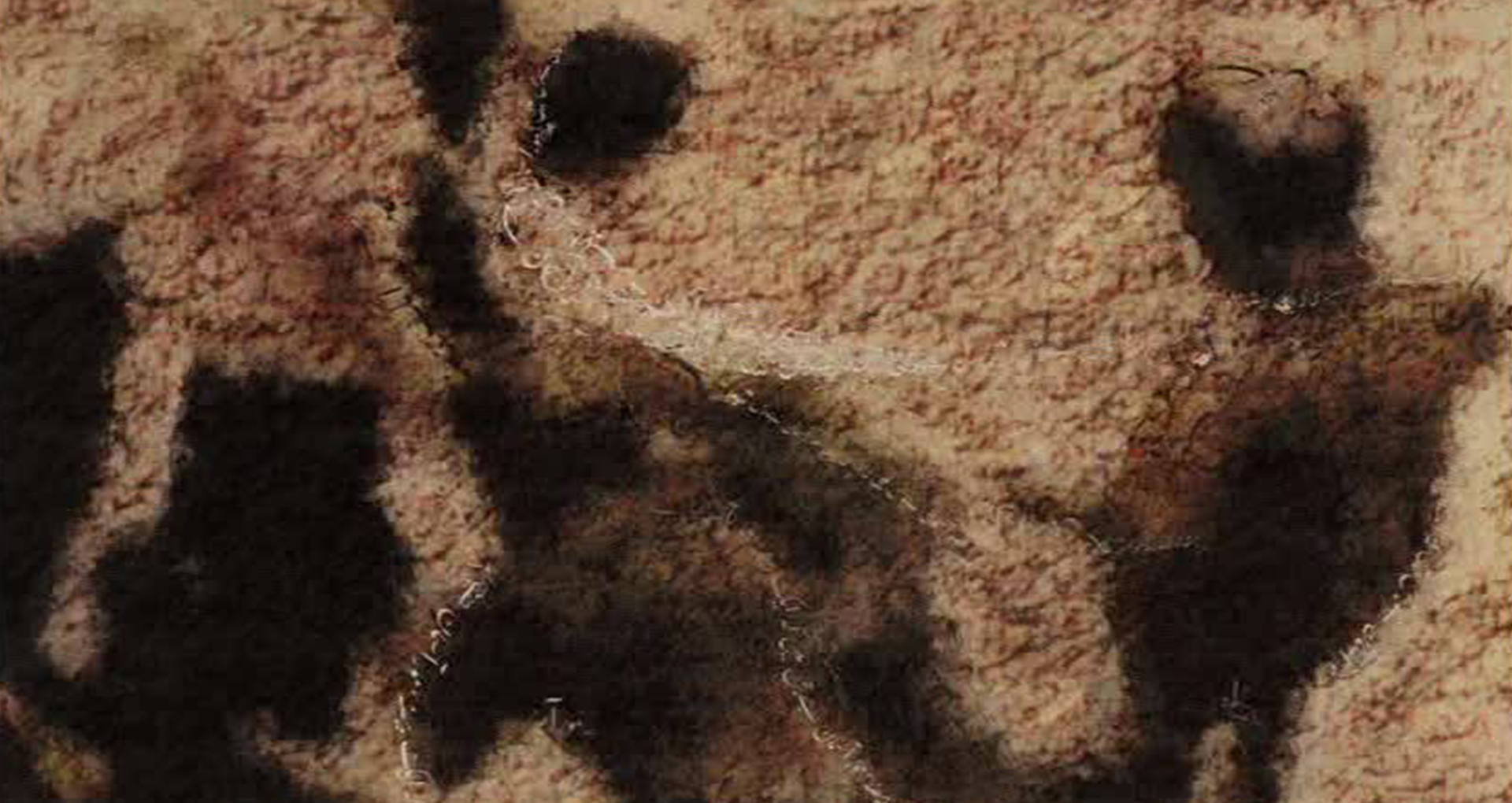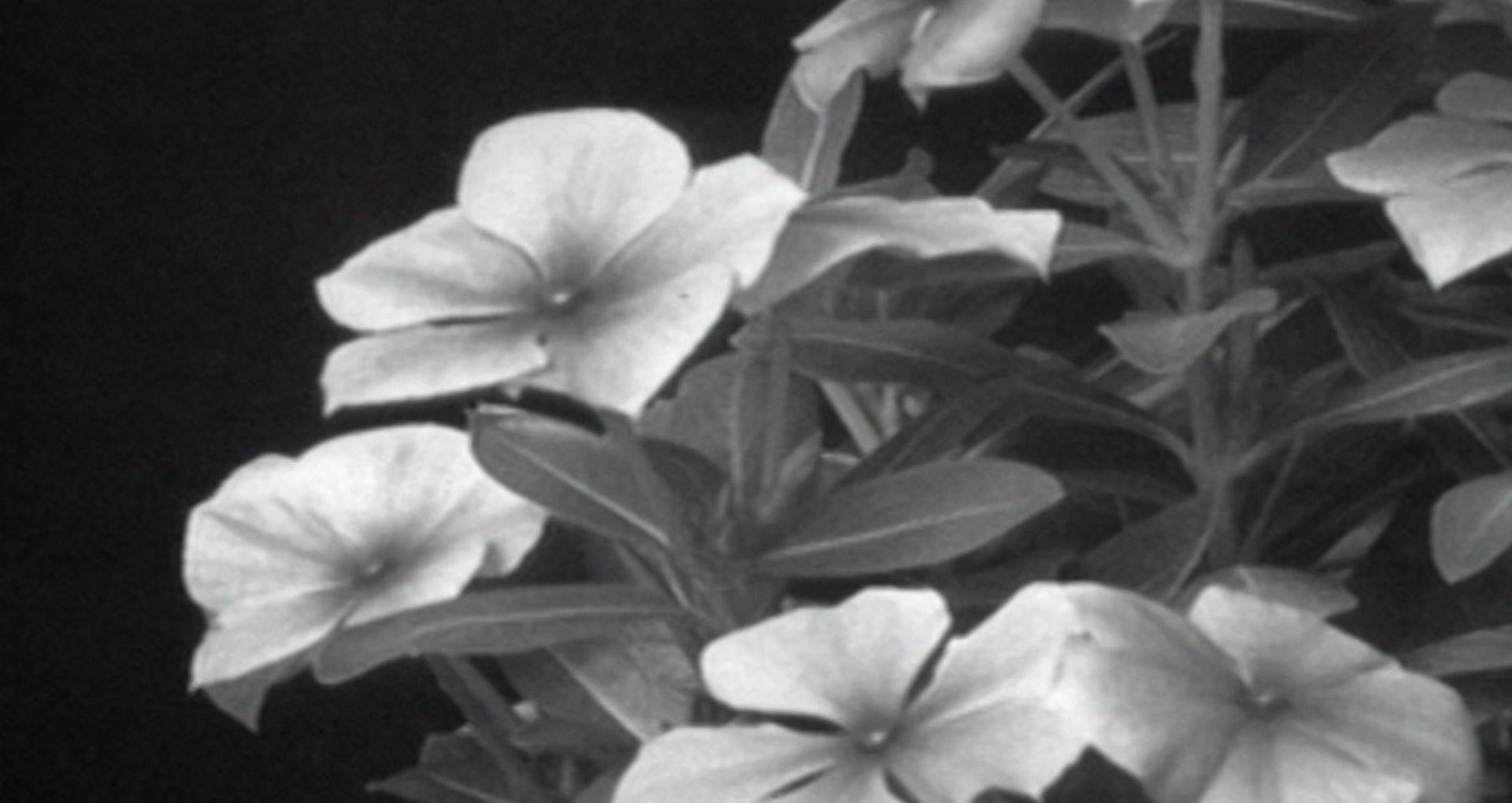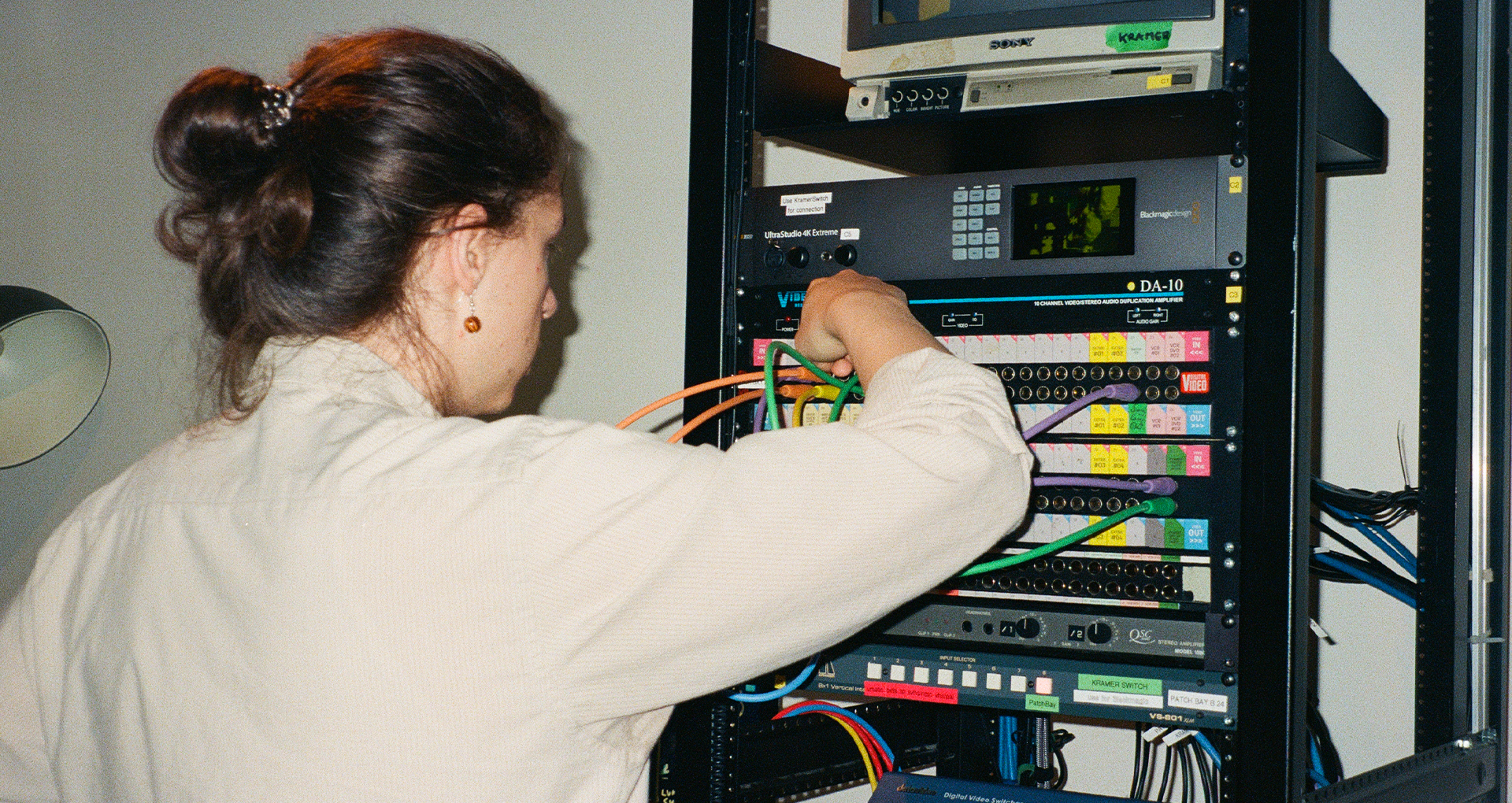
© Théodore Ushev , Joda
VG @ Vientianale International Film Festival
Programmation
Vientiane, Lao People’s Democratic Republic
Curator: Fabrizio Gilardino
When it comes to animation, and specifically animation shorts, Canada is one of the countries that has always been at the forefront of creativity and experimentation. The National Film Board of Canada (N.F.B), whose employees have included Academy Award-winner Norman McLaren — very probably one the world’s most visionary animators and a pioneer of new, exciting animation techniques — has consistently supported Canadian animators from its inception in 1939 to these days.
It’s no wonder then that Canada has produced such wonderful animators such as Frédéric Back, Patrick Bouchard, Michèle Cournoyer, Pierre Hébert, Diane Obomsawin, Théodore Ushev or Steven Woloshen: a few of them are featured in this programme.
The Vientianale International Film Festival will offer a small selection of recent movies by Canadian animators distributed by Vidéographe.
From the social and political engagement of Théodore Ushev — his movie Joda is part of “Freedom for Jafar Panahi”, a Canadian animation shorts films series by eight different animators who are actively seeking the release of Panahi— to the astonishing abstract visual poetry of Alexandre Roy and Pierre Hébert, and even the peculiar and fascinating story-telling of Mathieu Girard, Vidéographe’s catalogue is a trove of little gems from today’s best animators.
Fabrizio Gilardino is an Italian-born Canadian visual/graphic artist and independent curator who divides his time between Montreal and South-East Asia. He’s the founder and co-director of AWAS!, Kuala Lumpur’s animation week, and has worked over his years in South-East Asia with KLEX (Kuala Lumpur Experimental Film, Music and Video Festival), Kelab Seni Filem Malaysia, Findars Art Space (Kuala Lumpur), Bangkok’s independent art centres Speedy Grandma and Bridge Art Space, the German-Cambodian Cultural Centre Meta House in Phnom Penh, and the Vientianale International Film Festival in Vientiane, Laos.
PROGRAM
The oldest stone, Mathieu Girard, 2014, 10 min 05 sec
Tiger, Alexandre Roy, 2013, 2 min 56 sec
You Look Like Me, Pierre Hébert and René Lussier, 2014, 5 min 52 sec
Joda, Théodore Ushev, 2012, 3 min 45 sec







